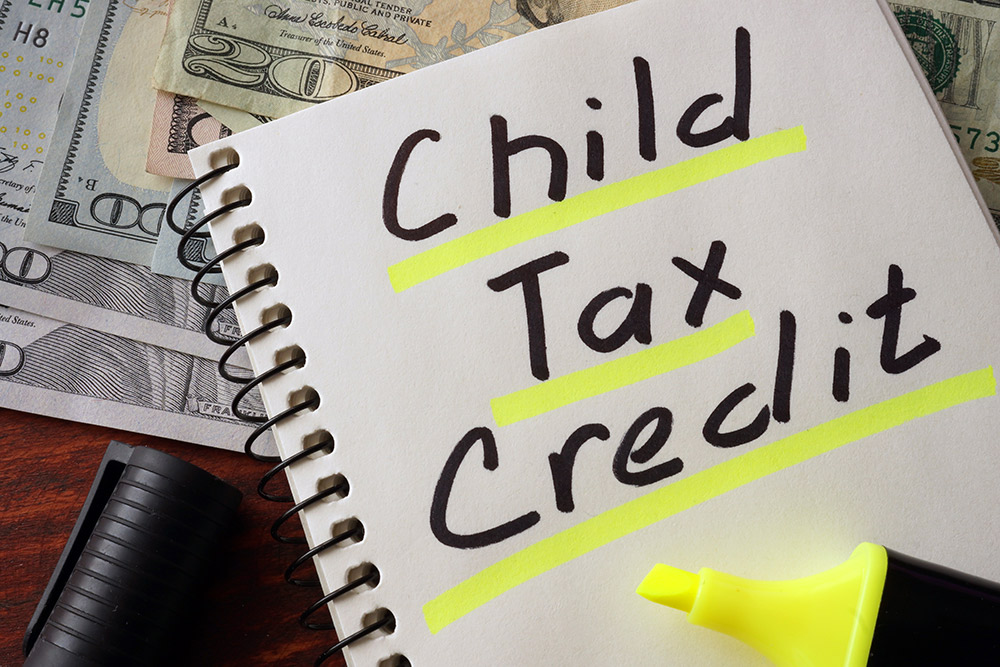You may have noticed that the buzz around the new 2021 Child Tax Credit intensified these past two weeks as many parents saw $300 payments hit their checking accounts. As your tax advisors, it is our job to lay out the positives and the potential concerns these payments may present regarding your future tax liability.
Implications of the 2021 Child Tax Credit
The American Rescue Plan Act of 2021includes a dramatic, one-year expansion of the Child Tax Credit (CTC). for the 2021 tax year, including a jump from $2,000 to $3,000 for children ages 6 to 17 and $3,600 for children 5 years old and younger. The credit is fully refundable, meaning parents do not need to owe IRS federal taxes in 2021 to qualify. In addition, the credit will be automatically calculated and deposited into the accounts of families with minor children. The $2,500 of earned income usually required to qualify for the CTC has been eliminated for 2021.
The distribution structure differs greatly from previous pandemic-related benefits. Half of the 2021 credit amount will be paid in advance through monthly payments starting on July 15. The other half will be claimed on a 2021 tax return. Like previous stimulus checks and tax credits, the amount of the tax increase ($1,000 or $1,600) is reduced – potentially to zero – for families with higher incomes. For people filing single, the phase-out begins if their adjusted gross income is above $75,000. For head of household, the phase-out begins at $112,500. Married couples filing jointly phase out at $150,000. The credit is further reduced under the pre-existing $200,000/$400,000 phase-out rules.
Our primary concern is that our clients will view the monthly payments as stimulus checks with no strings attached. However, the amounts received from the IRS will be reconciled with the child tax credit the taxpayer is entitled to when they file their 2021 return. If the credit amount due exceeds the total monthly payments, that excess credit can be claimed on the return. But if the credit amount is less than the payments, the taxpayer may or may not have to pay back the excess.
If your 2021 income has increased from 2020 or you only claim certain dependents in certain years, you will want to use the IRS tools or contact our office to review your individual circumstance. The IRS has opened an online site to enable taxpayers to unenroll from receiving CTC advance payments. The new Child Tax Credit Update Portal allows parents to view their eligibility and expected CTC advance payments, and, if they wish to do so, unenroll from receiving advance payments (i.e., to opt out). Please note, for married filing jointly returns, both taxpayers must opt out of the advanced credit.
If you have questions or concerns, please don’t hesitate to reach out to us. We will provide you with the information you need to make the best decision for you and your family. Send us an email or give us a call at 317-636-5561.




